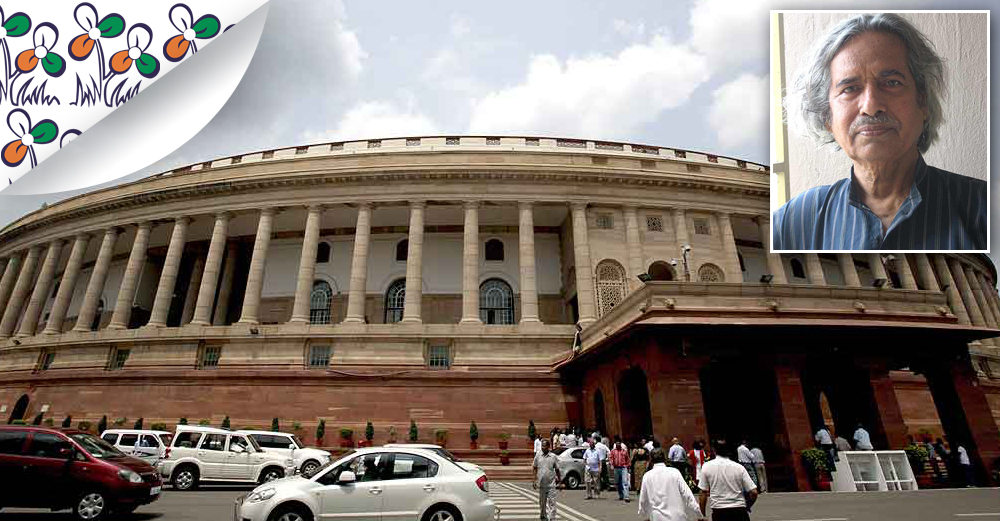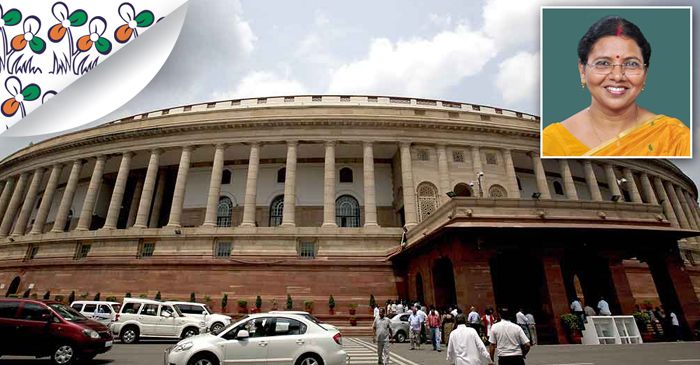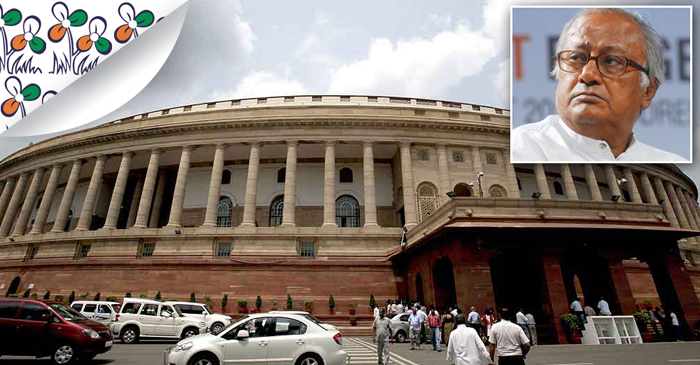Full Transcript
Sir, I am really surprised to find the allocation of funds made by the Government in this year’s Budget for various existing major national art and cultural institutions.
In comparison to earlier allocations, it is ridiculously low. We are frustrated to find that the Government has slashed the allocation by 50 per cent or even 100 per cent. It is fantastic! How can a progressive Government do it?
I have listed the name of 33 art and cultural bodies. I give few examples here for your information –
- Lalit Kala Academy: Allocation has come down from Rs 20 crore to Rs 11 crore
- Sangeet Natak Academy: Allocation has come down from Rs 59 crore to Rs 12 crore
- Sahitya Academy: Allocation has come down from Rs 21 crore to Rs 9 crore
- Zonal cultural centres: Allocation has come down from Rs 87 crore to Rs 55 crore
- National School of Drama: Allocation has come down from Rs 43 crore to Rs 13 crore
- National Gallery of Modern Art: Allocation has come down from Rs 22 crore to Rs 5 crore
- National Museum: Allocation has come down from Rs 30 crore to Rs 11 crore
Such allocations have come, is unimaginable. It has no vision. It is a backward movement for us if we want to be a progressive nation. Traditionally, since thousands of years, India is a country with rich cultural heritage.
Great personalities like Abul Kalam Azad, Pundit Jawaharlal Nehru knew the importance of the art and culture of India and had vision to create various institutions after India’s independence. But the present Government seems totally insensitive to the cause of art and culture and they drastically reduced the allocations in various art and cultural institutions.
Such low allocations of funds will not only discourage the institutions but will make them crippled and inactive.
If we look towards the western countries, even China, we find that they are vigourously encouraging art and culture. Most of the western cities have famous art and cultural institutions. China has planned to revive their traditional art and culture. They have made a large Art District in Beijing and they have plans to make hundreds of museums all over the country.
Besides, art and culture also attract tourists. Tourism brings money to the exchequer. So, we need to have a very thoughtful visionary plan to rejuvenate our art and culture of this country even for the development of our nation.



